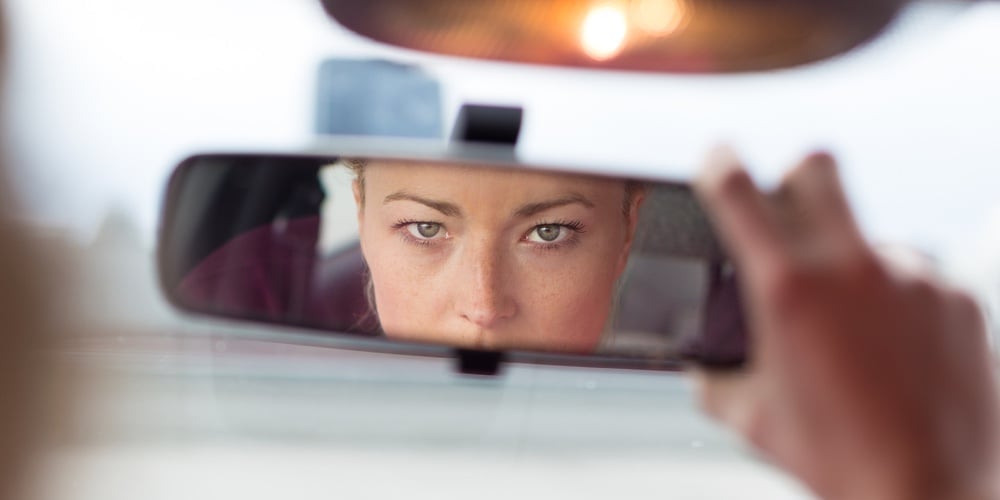Understand the terms of the card
You shouldn’t apply for a credit card without reading the terms. Evaluate the card based on the fees, interest rates, and possible rewards. The many cards available each fit different consumers. You have a lot of options and choosing the wrong card could threaten your financial health.
Pay in full
Making only the minimum payment each month increases the amount of time it will take to pay off your debt. That increase in time allows the interest rate to add on to your debt. Always make sure to pay off as much of your balance as you can each month.
Don’t use your card on everyday purchases
Using you credit card as a substitute for cash is a bad habit that can easily lead you down a path to debt. When you buy food, clothes, or gas, use cash or your debit card so you won’t overspend.
Don’t go over your limit
If you’re getting close to your limit, clearly you are spending too much. The last thing you can afford to do is go over that limit and incur the additional fees that come with it. These situations are avoidable by responsibly monitoring your spending.
Understand how it effects your credit score
Ideally you should be paying off your debt every month. If you are unable to do that, you have to make sure that you are paying off at least the minimum (preferably a little more than the minimum). This will not damage your credit score but it will not improve it either. If you miss a payment you can do major damage to your credit score. If you look untrustworthy to creditors it’s not beyond reason that the credit card company would lower your limit. It is a vicious cycle that can be easily avoided by paying in full each month.







